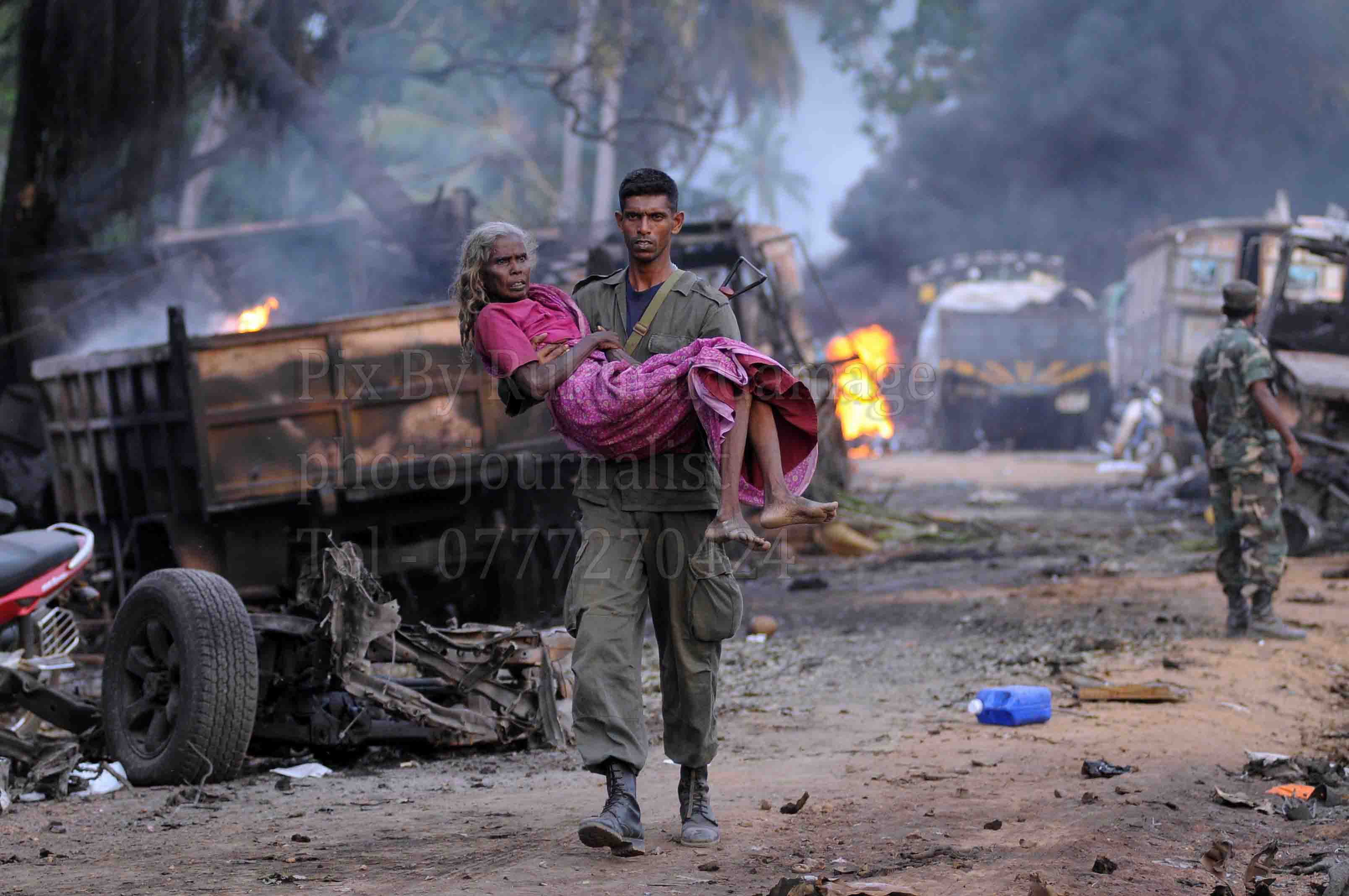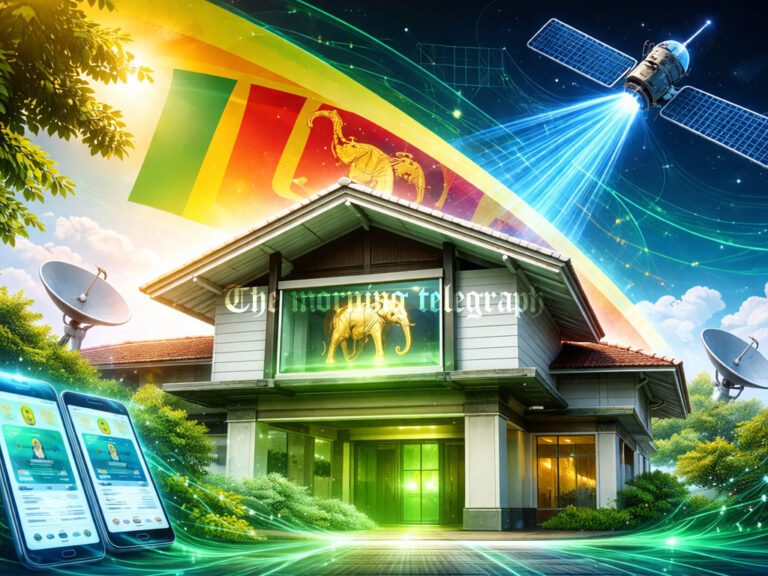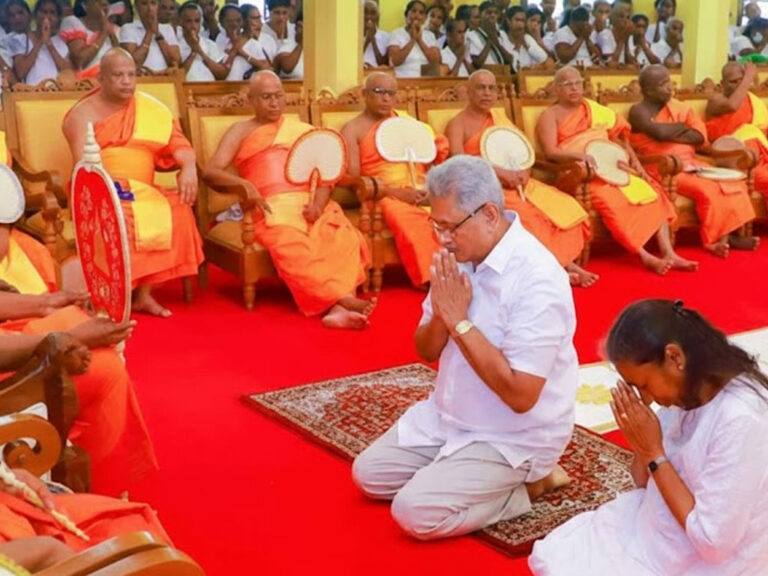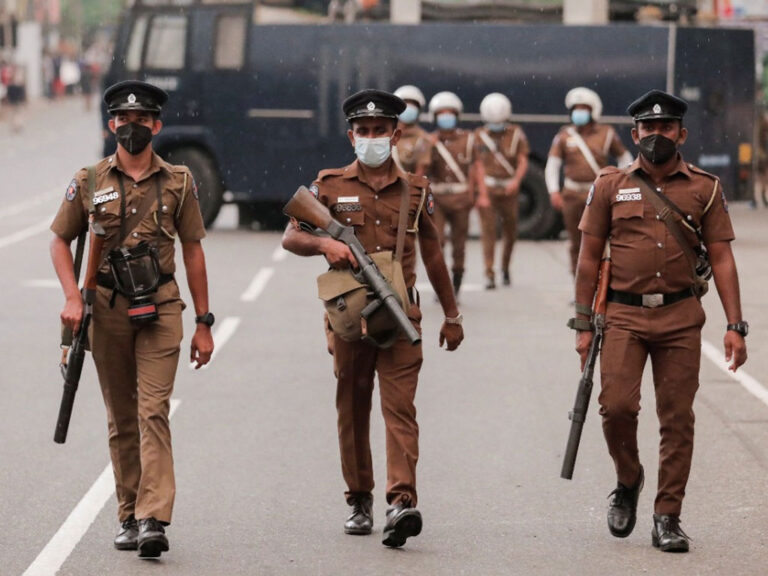
Mahinda Rajapaksa Announces Retirement from Politics After Decades of Service
In a significant development for Sri Lankan politics, former President Mahinda Rajapaksa has reportedly decided to retire from active political life, choosing not to contest in the upcoming elections. This decision marks the end of an illustrious career spanning decades, during which he left an indelible mark on the country’s political and socio-economic landscape.
Several factors are said to have influenced Rajapaksa’s decision to retire, including his advancing age, declining health, and the increasingly unfavorable political environment. According to sources close to him, the veteran politician has been reflecting on his political journey and the criticisms surrounding traditional politics in recent years, which further reinforced his decision.
At 78 years old, Rajapaksa has been a towering figure in Sri Lanka’s modern history, but the pressures of maintaining a political career at this stage, along with evolving political dynamics, have led him to step back.
Mahinda Rajapaksa’s presidency (2005-2015) is often regarded as a transformative period for Sri Lanka. His most notable achievement is the military victory over the Liberation Tigers of Tamil Eelam (LTTE) in 2009, ending a brutal 30-year civil war. The defeat of the LTTE brought peace to the island, for which Rajapaksa is credited as a national hero by his supporters.

In addition to this historic feat, Rajapaksa also oversaw substantial economic growth during his tenure. Under his leadership, Sri Lanka’s economic growth rate reached a peak of 7.6%, and the country’s gross domestic product (GDP) grew to $84 billion. Rajapaksa implemented various infrastructure projects, including highways, airports, and ports, contributing to the modernization of Sri Lanka’s economy and boosting its international standing.
Despite these successes, his legacy is not without controversy. Allegations of corruption, authoritarianism, and nepotism have clouded his later years in power, and his administration was criticized for its handling of human rights concerns in the post-war period. Nonetheless, his impact on Sri Lanka’s political and military history remains profound.
Rajapaksa’s retirement does not mark the end of the Rajapaksa family’s political influence. His brothers and sons have been deeply embedded in Sri Lankan politics for years. Gotabaya Rajapaksa, Mahinda’s younger brother, served as President from 2019 to 2022, while other family members have held various ministerial and parliamentary roles.
Though Mahinda Rajapaksa is stepping away from the political spotlight, it is expected that his family’s legacy will continue through the younger generation, who remain active in the Sri Lanka Podujana Peramuna (SLPP) party.
For many Sri Lankans, Mahinda Rajapaksa’s decision to retire marks the end of a political era. His rule is often viewed as a time of both triumph and challenge, characterized by the end of civil conflict and significant economic development, but also marred by allegations of corruption and growing political polarization.
As Rajapaksa bids farewell to active politics, the future of Sri Lanka’s political landscape is now in the hands of the next generation of leaders. His departure could signal a shift in the country’s political dynamics, as newer voices and ideologies rise to prominence in an increasingly complex and challenging environment.





A great leader who ushered peace in Sri Lanka. The man who brought Sri Lanka into the 21st century, from a feudal, peasant society, he is the MODERNISER OF Sri Lanka. May he be blessed !!